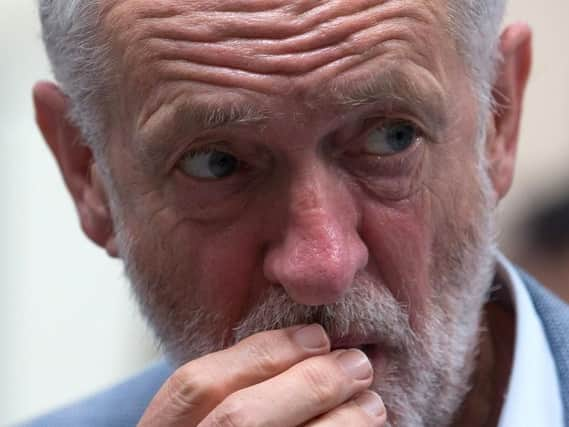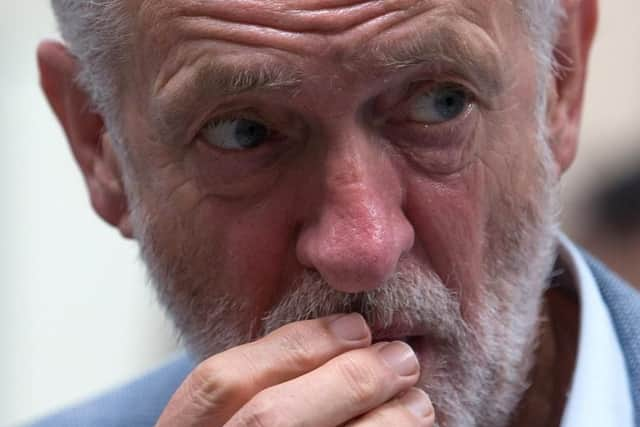No-confidence vote: What is it? How does it work? Will Labour trigger one?


MPs will vote on Theresa May's Withdrawal Agreement in Parliament this evening and it is expected to be heavily defeated - with objections from politicians on all sides of the debate.
Here's what you need to know about a vote of no-confidence:
Will Labour trigger one?


Advertisement
Hide AdAdvertisement
Hide AdMr Corbyn is expected to table a motion of no-confidence tonight if Mrs May’s deal is defeated.
Labour are expected to request that a vote of no-confidence be held tomorrow after Prime Minister's Questions.
So things could move very fast after tonight's vote on the Withdrawal Agreement.
What is a no confidence motion and how does it work?
A motion of no confidence is a Parliamentary procedure which states that the House has no confidence in Her Majesty's Government and their ability to run the country.
Advertisement
Hide AdAdvertisement
Hide AdThere are three variations of this motion – a motion of confidence, which can be called by the Government, a motion of no-confidence which is called by opposition and motions which can be regarded as issues of confidence because of particular circumstances
It is a fundamental part of the British constitution that the government must retain the confidence of the legislature.
MPs will then debate the motion, which could take place tomorrow, before voting on whether they have confidence in the Government.
If the majority of MPs back the no-confidence vote then under the terms of the Fixed-term Parliaments Act, Parliament must dissolve, unless the motion is overturned within 14 days by the passing of an explicit motion of confidence.
Advertisement
Hide AdAdvertisement
Hide AdThis gives a minority government the chance to form without the need of an election – however if this doesn’t happen then there would be a General Election, the third since start of 2015.
Have no confidence votes ever succeeded?
Since 1945 there have been three votes of confidence and 23 of no-confidence.
The last successful vote of no-confidence came in 1979, when Jim Callaghan lost a vote 311–310 - which resulted in the election that saw Margaret Thatcher rise to power.
John Major brought a motion of confidence in 1993 which he won, in a bid to get the Maastricht Treaty passed.
Since 1742, 24 government's have lost votes of no-confidence - including two in 1924 when Conservative PM Stanley Baldwin and later the first Labour PM Ramsay MacDonald both lost one.
